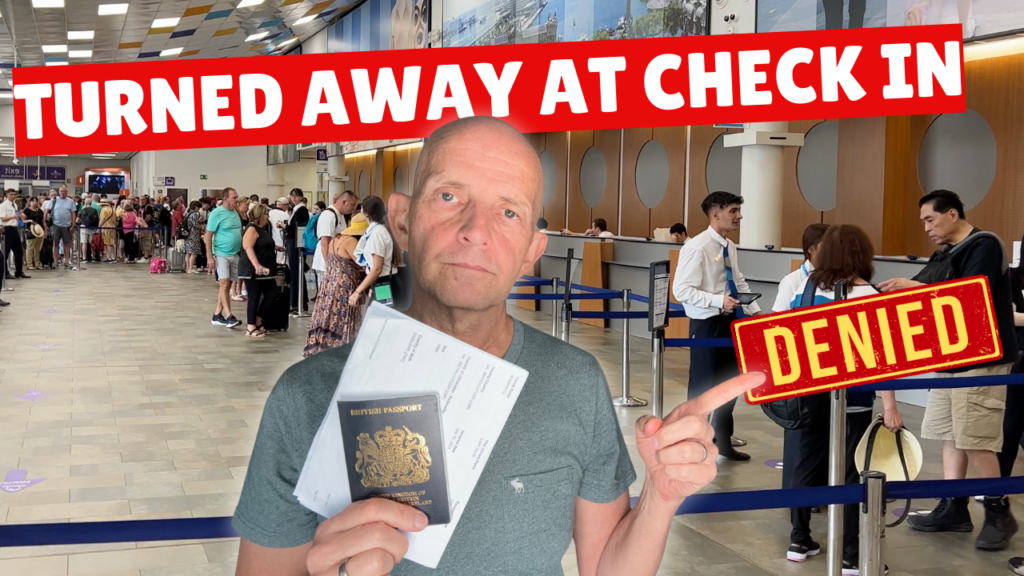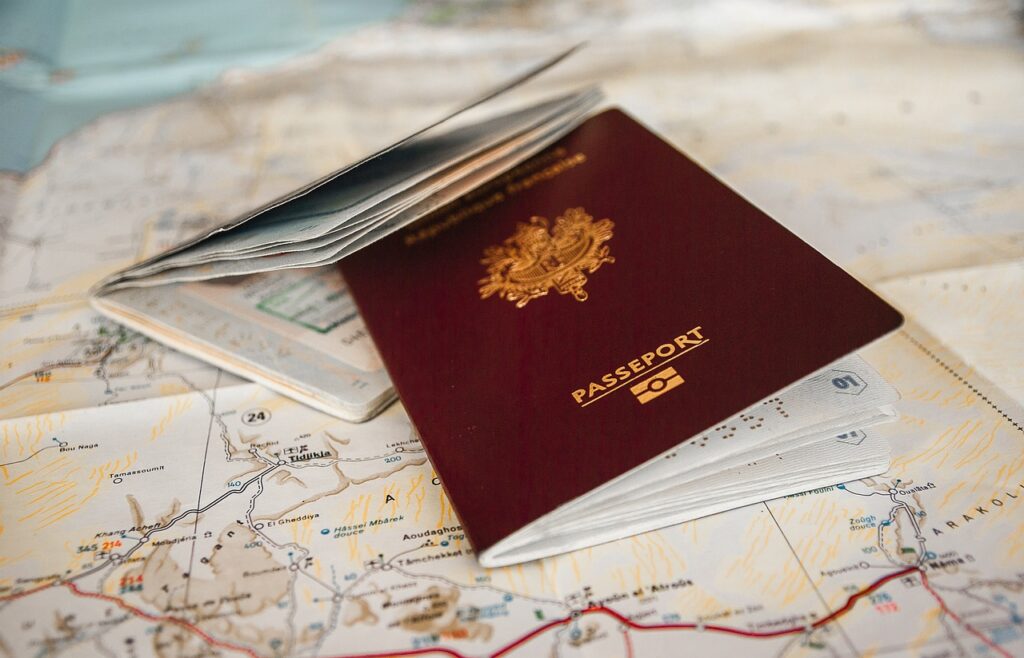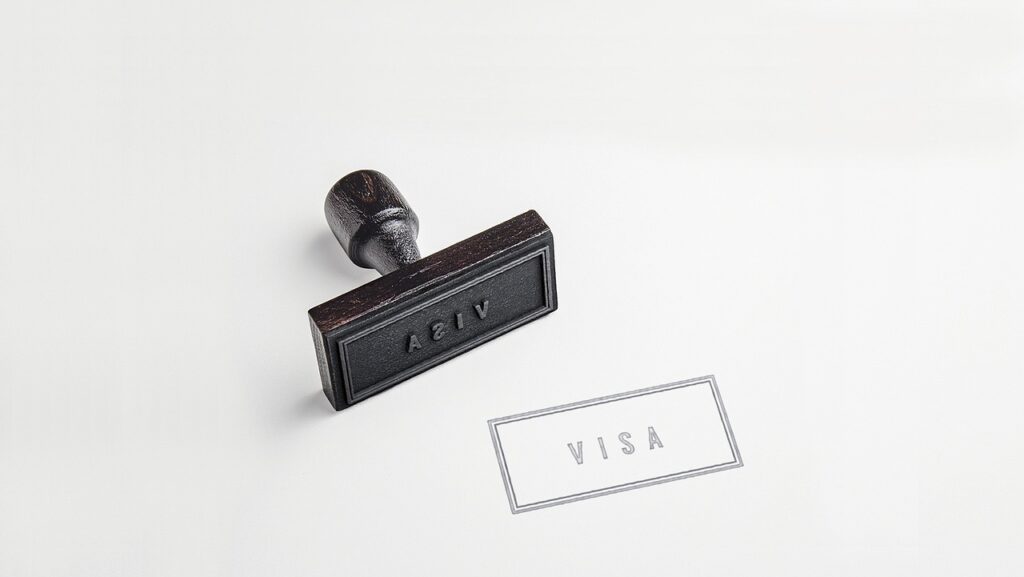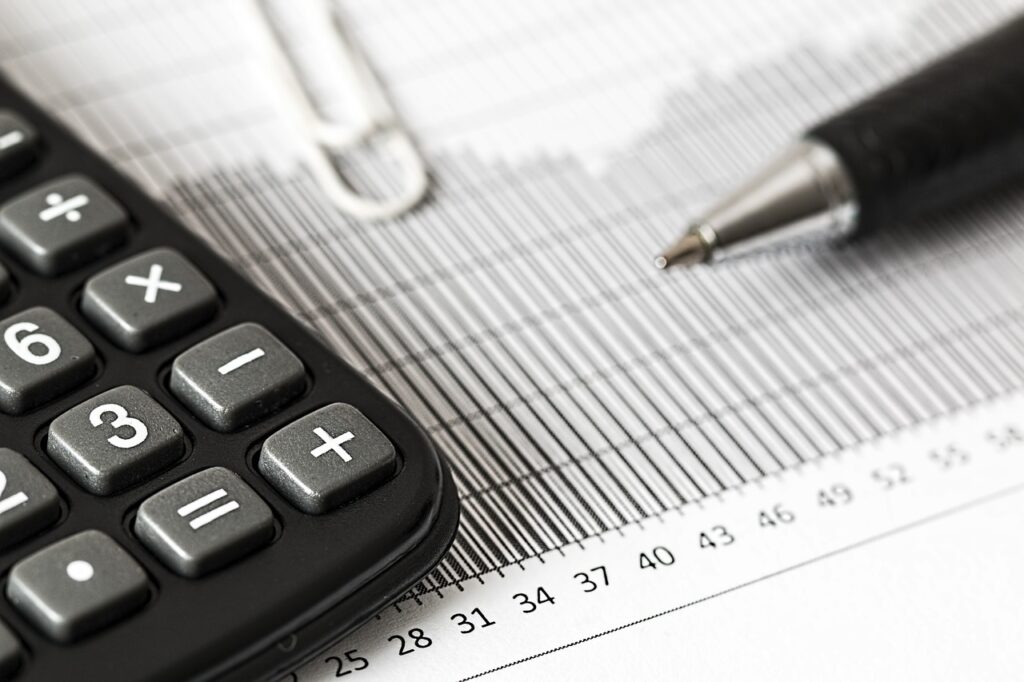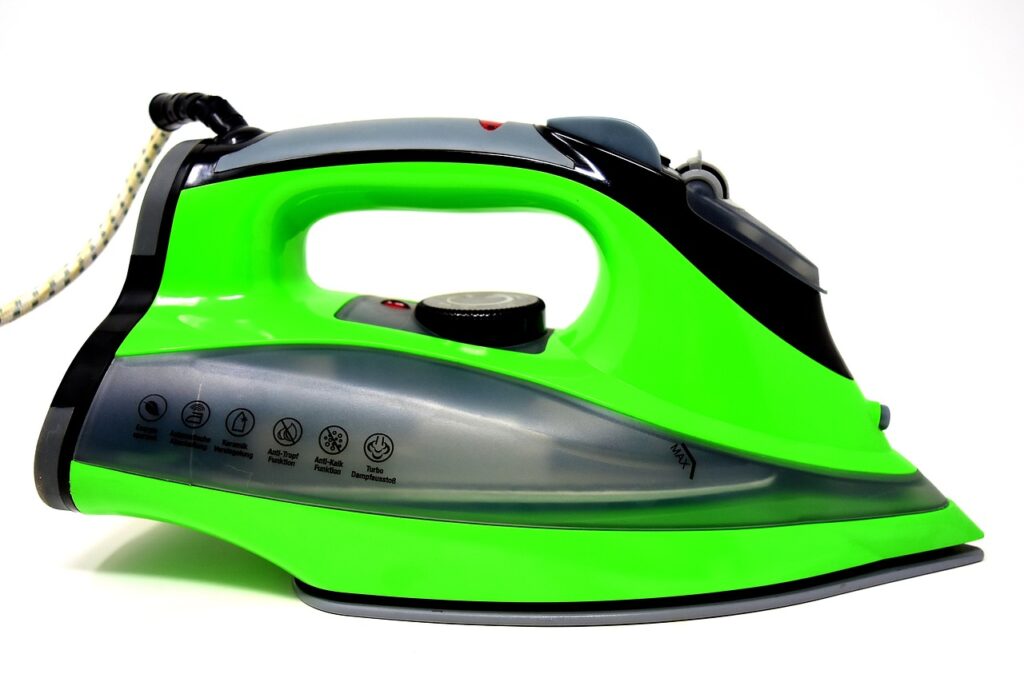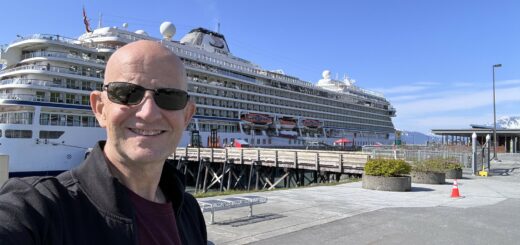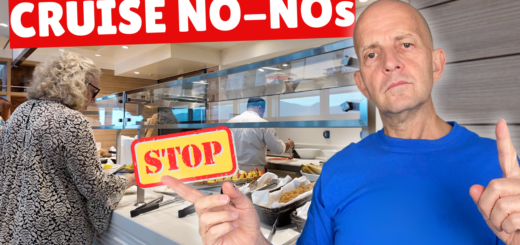10 Reasons More Cruisers Than Ever Are Being Denied Boarding
10 Reasons More Cruisers Than Ever Are Being Denied Boarding
As all the passengers you will hear about discovered, being denied boarding for a cruise, not only turned their dream vacation into a nightmare, but lost them a fortune. Cruise lines do not refund guests who are denied boarding, arguing it’s up to us, as passengers, to pay close attention to all rules and requirements. Whether from the cruise lines or the countries being called upon.
I want to make it easier for you to avoid the things that could see you denied boarding. Many of which I stumbled upon myself as I was getting ready to board Cunard’s Queen Anne recently.
One reason cruisers could be denied boarding was fresh in my mind. I’d recently witnessed a group of 10 guests being refused boarding on my previous cruise, an Oceania Vista Caribbean cruise out of Miami.
Denied: Final Boarding Time
The ship was due to set sail at four o’clock and they arrived half an hour before that due to flight delays. However, they were not allowed to check in and board.
Cruise lines have a final check in and boarding time. Usually an hour before the cruise departs, due to local Customs and Immigration authorities’ requirements. So, those unfortunate guests had to watch the gangway being pulled back after they arrived. The ship then set sail without them.
This made me double check my Cunard Queen Anne boarding pass which clearly says I must be checked in and on board by 4:30pm, even though the ship was leaving at 6pm. Arriving later than that and I would likely to be denied boarding.
So, always know the final boarding time to avoid the fate of that Oceania Vista group.
But, it seems the most common reason cruisers are denied boarding is also the one I fret about the most – not having the right documents to travel.
Denied: Wrong Documents
What I need varies based on where I am cruising which makes it tricky, but I have discovered there are three critical things to focus on.
The first is around your passport and identification.
Passport/ ID
While some cruises starting and ending in the United States, like some Caribbean cruises and Alaska cruises, allow US nationals to use a birth certificate and a government issued photo ID. However, every single cruise line I checked with recommend using a passport, even for those.
If something goes wrong and you need to leave the ship and return home, not having a passport makes it extremely difficult.
However, if you do decide to cruise with a birth certificate, it must be the official state-certified birth certificate, and the original copy. Photocopies are not allowed. Your government issued photo ID (like your driver’s licence) must exactly match the name on it too.
Also, check if your itinerary does allow the birth certificate option. Last year, dozens of guests were refused boarding a 10-day Princess Caribbean cruise out of Port Everglades. It included the Panama Canal and calls into Central American, so guests had to have a passport.
Even though some had called Princess and been told that a birth certificate was okay, Princess refused refunds and compensation. The statement they issued said and I quote “Passengers need to take responsibility for their mistakes” and went on to say “it is the passenger’s sole responsibility to ensure they have proper documentation. Even if a cruise representative provided wrong information, it’s still the passenger’s responsibility.”
So, as I said at the start, we need to be very sure we have the right documents.
Validation
But, having a passport also comes with some things to watch out for. First, every cruise line I checked with says the passport must be valid for six months after the end of the cruise or you will be denied boarding. This is due to requirements by many countries.
Some countries require a certain number of blank pages. For example, when I headed off on a cruise earlier this year to South Africa, I had to have a minimum of two blank pages for the visas.
Thirdly, if you’re cruising in the European Union, so likely the Mediterranean, due to a quirky rule, your passport expiry date must be within 10 years from the date of issue.
For example, if you’ve had your passport expiry date extended to cover the period of your cruise, you will be refused boarding. This happened to an English couple, Andrew and Sandra Sutherland. When they went to check in for a cruise to Spain and Portugal aboard Cunard’s Queen Victoria they were denied. the line would not refund anything.
Name Changes
Another thing to bear in mind is that your reservation info must be the same as on your government issued identification, to avoid being denied boarding.
And, if your name has changed for any reason, you must bring official documentation to show why your name is different. Such as a marriage licence, government issued name change document, or anything proving your name has legally changed.
That’s also important if you’re travelling with kids who are not your own or have a different surname.
If you’re travelling with a child that’s not your own, perhaps you’re taking a grandchild, niece, or nephew, then you need to have a notarised form signed by the child’s guardian.
If your child has a different last name to you, you also need to bring official documentation to explain why the name’s different and it must be the original or a notarised copy.
Visa
The next important thing is visas. I see so many cases of cruisers being denied boarding for this one.
This is a live topic for me because the cruise I’m going on next is to Alaska, which starts in the United States from Seward, but ends in Vancouver, Canada.
The risk was brought home to me after reading about Sherry Ramhit and her husband who decided to take their teenagers on a cruise to Alaska on Norwegian Encore out of Seattle.
As non-US residents like me, they needed and got their USA ESTA visas to be able to fly into the US, board the ship and visit Alaskan ports. However, they hadn’t thought to get a Canadian ESTA or visa.
They were denied boarding in Seattle without any refund, as their cruise was calling into a Canadian port and they lacked the required Canadian visa.
As a reminder, if you’re sailing out of Vancouver on Alaska, and you’re not a USA national, you’re going to need a US ESTA or visa if you are going to Alaska.
If you are a USA citizen the rules are slightly different, again showing how we all need to make sure we know the exact requirements. At the time of making this, the Canadian government does not require US citizens to have a visa.
No matter where you are cruising to, you must check if you need a visa. And remember things change. For example, the European Union is introducing a system like the USA and Canadian ESTA visa, so everyone who is not an EU national will need to get this before cruising in Europe.
Denied: Insurance
Another reason I see cruisers refused embarkation is one that is only the case on some cruise lines and destinations, which is why people get caught out. This is not having travel insurance, and the right type.
For example, for my Queen Anne cruise, Cunard required anybody that had booked in the UK, whether via a travel agent, online or directly with Cunard, irrespective if they lived in the UK or not, to have travel insurance. And then it must be of a certain kind.
Cunard say the policy must include cruise cover, cover the full length of the trip, all destinations being visited, and include medical and repatriation cover for not less than UK £2 million. That’s about US $2.4 million. At the terminal, I had to show and prove I had this, as I did for my last Cunard cruise.
Other lines sailing out of the UK also require this.
Always check if you are required to have travel insurance to board. I have found that while many lines recommend it, it is not a requirement or reason for denying boarding in many parts of the world. The only other cruises where I have had to prove it to date have been expedition cruises to remote places like Antarctica and the Canadian Arctic.
There are also several age and condition related reasons that I am seeing people denied boarding at check in.
Denied: Pregnancy
Cruise lines have strict rules around pregnancy. So, for example, reviewing the rules for my Queen Anne trip, it’s stated that Cunard will not carry guests who’ve entered or will enter their 24th week of pregnancy during the cruise.
Anyone checking in who’s showing a pregnancy must produce a letter from their doctor or midwife stating they’re in good health to travel, if the pregnancy is progressing normally, and must include an estimated date of delivery calculated from the last menstrual period or ultrasound.
This catches people out. Recently an Australian Gold Coast resident called Kaylee Farrington was excitedly checking in for a Carnival Luminosa cruise in Brisbane. She was denied boarding because during check-in, the people on the desk realised that she was pregnant. On finding out she was at 26 weeks, she was turned away at her own cost.
I also noted that Cunard, like all other lines I checked, including Disney, will refuse boarding to anyone travelling with a child under the age of six months, and under 12 months on World Cruises, Exotic and Transatlantic crossings.
Denied: Prohibited Item Search
While I have not seen many cases of people being denied boarding for innocently or mistakenly packing items from the cruise line prohibited list – things like irons, drones, alcohol to even something that looks like a weapon – I have where cruisers refuse permission for a search of themselves or bags.
In most cases, prohibited items will be confiscated when spotted. This is through hand and check-in bag screening. Unless it is drugs or actual weapons, that is.
For example, earlier this year a Texas woman called Melinda Van Veldhuizen was both denied boarding and banned for life by Carnival Cruise Lines for trying to take CBD gummies on board to help her sleep.
She was going through check-in security at Port Miami when a security guard spotted a bag of CBD gummies in her backpack. She’d bought them legally online, as they are allowed in the state she lives in, so assumed she could bring them on the cruise.
Carrying recreational drugs will see you denied boarding. Trying to take weapons will too.
Denied: Disruptive
Sort of linked to that, although I have never seen it firsthand, if cruisers are disruptive, threatening or causing issues at check in, especially if drunk, the cruise lines will deny boarding.
I have seen some lines update their guidelines, which makes me think this must be a growing issue. For example, P&O Cruises, a sister line of Cunard here in the UK, has recently published this warning as part of an update of their alcohol policy and pricing, saying “We reserve the right to deny access to the ship to anyone who appears to be heavily under the influence of alcohol”.
Denied: Covid
One area that seems less clear if you will be denied boarding or not is around Covid.
For example, for my Queen Anne cruise, in the documentation Cunard said if I was experiencing symptoms of Covid-19, or tested positive in the three days prior to embarkation, I needed to declare that at the terminal to the check-in staff, and the onboard medical team would screen and assess if I was fit to travel.
Some cruise lines I reviewed say online that they will refuse boarding to guests if they are showing signs of Covid, or have Covid. For example, Norwegian Cruise Lines online – at the time of making this – says any guest with a very high temperature or who have Covid or been in contact with someone with Covid are unlikely to be allowed to board.
So, make sure you know the cruise line rule on that.

